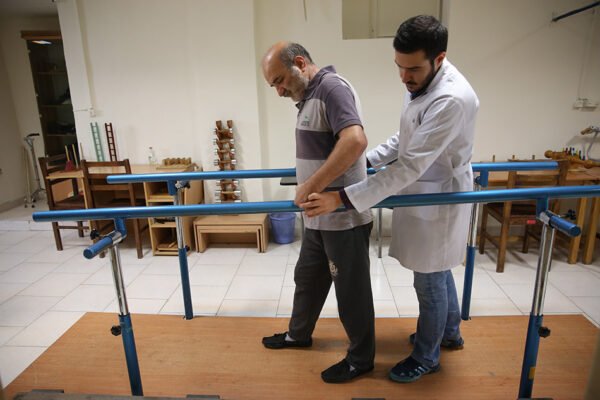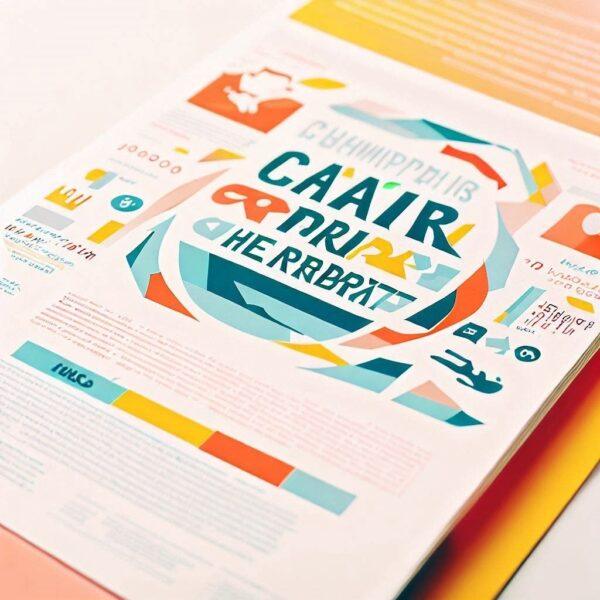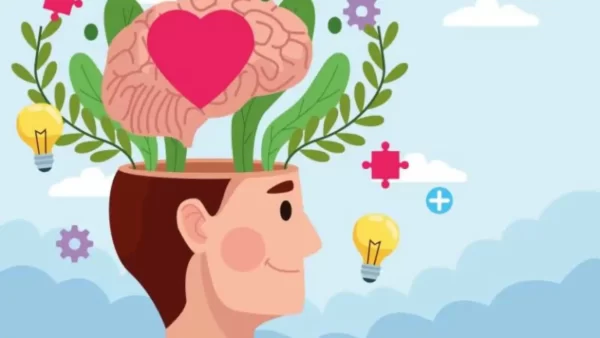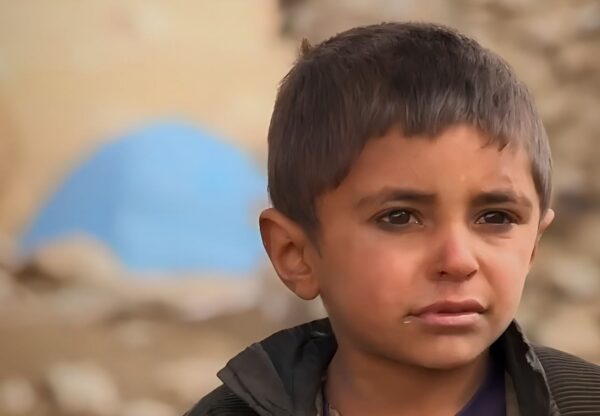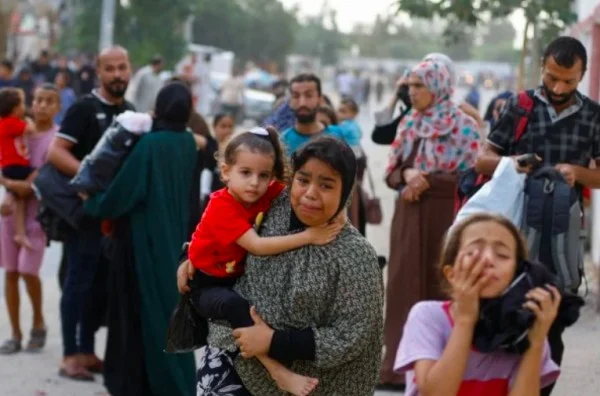Rehabilitation services are a broad range of diagnostic, therapeutic, and support services that help individuals regain or improve their physical, mental, and cognitive abilities that have been lost or impaired as a result of disease, injury, or treatment. These services can be critical to help patients return to daily life, live independently, or live with ongoing challenges. Here are some of the most common types of rehabilitation services:
- Physical Therapy: Physical therapists work with patients who have lost physical abilities due to accidents, surgery, or conditions like stroke, arthritis, or spinal cord injuries. They use techniques such as exercises, massage, heat treatment, and ultrasound to help improve mobility, strength, flexibility, balance, and coordination.
- Occupational Therapy: Occupational therapists help patients regain the ability to perform daily living activities such as eating, dressing, bathing, or using a computer. They may introduce adaptive equipment or strategies to compensate for lost abilities.
- Speech and Language Therapy: Speech therapists assist individuals who have difficulty with speech, language, cognition, voice, swallowing, and fluency. These issues can arise from conditions such as stroke, brain injury, hearing loss, developmental delays, Parkinson’s disease, or oral cancer.
- Psychological and Psychiatric Rehabilitation: Mental health professionals help individuals manage a broad range of mental health conditions, such as depression, anxiety disorders, schizophrenia, or substance abuse. They use therapies like cognitive-behavioral therapy (CBT), dialectical behavior therapy (DBT), and other treatment approaches to help individuals live their lives fully.
- Vocational Rehabilitation: These services are designed to help individuals with disabilities prepare for, secure, regain or retain employment. This can include job skills training, job coaching, assistive technology, and job placement services.
- Cardiac Rehabilitation: This is a medically supervised program designed to improve the health and well-being of people who have heart problems. Services include exercise training, education on heart-healthy living, and counseling to reduce stress and help individuals return to an active life.
- Pulmonary Rehabilitation: This program is designed for individuals who suffer from lung diseases like COPD, sarcoidosis, and pulmonary fibrosis. The program often includes exercise training, nutritional advice, education about the disease, and counseling.
- Neurological Rehabilitation: This is a doctor-supervised program designed for people with diseases, trauma, or disorders of the nervous system. It can include services like physical therapy, occupational therapy, speech-language therapy, and support groups.
- Pediatric Rehabilitation: Pediatric therapists work with children and teens to address developmental delays, congenital disabilities, injuries, or illnesses. The goal is to improve the child’s motor skills, balance and coordination, cognitive ability, and social and emotional development.
- Geriatric Rehabilitation: This program focuses on helping older adults maintain their independence and quality of life. It can include physical, occupational, and speech therapy, along with other services tailored to the needs of the aging population.
Rehabilitation services are typically provided in various settings, including inpatient rehabilitation centers, outpatient clinics, home health agencies, and skilled nursing facilities. The type and intensity of rehabilitation vary depending on the individual’s needs. A team of professionals, usually including doctors, nurses, therapists, dietitians, and social workers, collaborates to design and implement a comprehensive rehabilitation plan for each patient.


